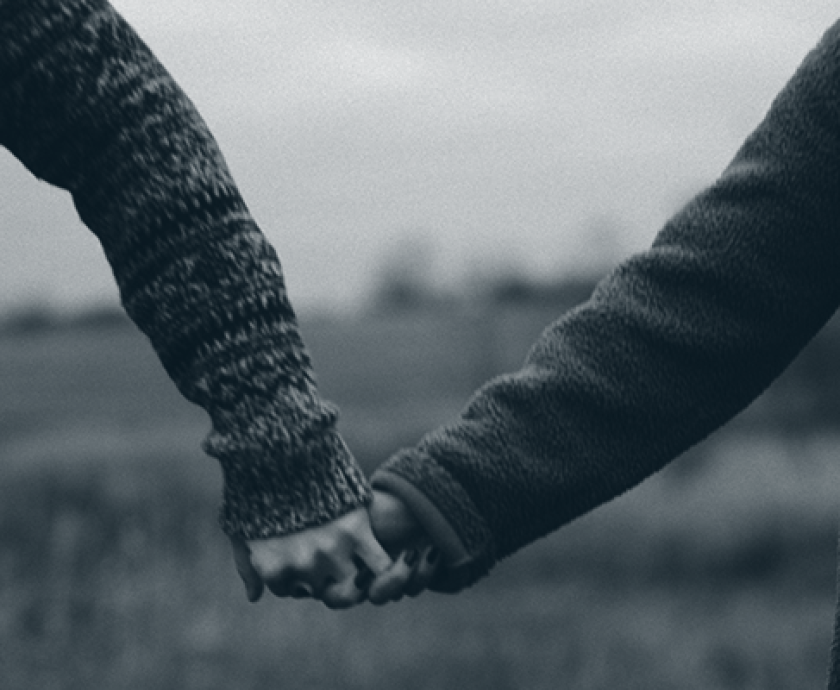For over 30 years, March has been acknowledged as Brain Injury Awareness Month. Each year this recognition grows as more and more entities and governments become increasingly aware of the impact brain injuries have on the population. Well over five million Americans are living with a brain injury and its related disabilities. Increasing awareness can increase resources and improve their way of life.
This year, the Brain Injury Association of America designated this second full week of March to concussion awareness. By definition (from the CDC), a concussion is:
“a type of traumatic brain injury—or TBI—caused by a bump, blow, or jolt to the head or by a hit to the body that causes the head and brain to move rapidly back and forth. This sudden movement can cause the brain to bounce around or twist in the skull, creating chemical changes in the brain and sometimes stretching and damaging brain cells.”
Most concussions occur due to a fall. Increasingly, concussions are being diagnosed in children and teens who play contact sports.
Concussions range from mild to severe, with recovery taking from a few days to months. For more information about long-term effects of concussions, check out our post on Post-Concussion Syndrome.
Even if someone does not lose consciousness (which occurs in less than 10% of concussions), the injury can be severe enough to warrant a medical visit or at least medical observation. If a concussion is suspected, a doctor visit should be scheduled within 1-2 days of the injury. However, if a person exhibits severe symptoms, emergency treatment should be sought.
Some of these severe symptoms include:
- One pupil larger than the other.
- Drowsiness or inability to wake up.
- A headache that gets worse and does not go away.
- Slurred speech, weakness, numbness, or decreased coordination.
- Repeated vomiting or nausea, convulsions or seizures (shaking or twitching).
- Unusual behavior, increased confusion, restlessness, or agitation.
- Loss of consciousness (passed out/knocked out). Even a brief loss of consciousness should be taken seriously.
https://www.cdc.gov/headsup/basics/concussion_danger_signs.html
Many professional sports organizations have strict protocols when they suspect a player has suffered a concussion. Youth sports often do the same. It is better to be overly cautious and sit out for a short time than to continue to play and suffer a worse injury.











